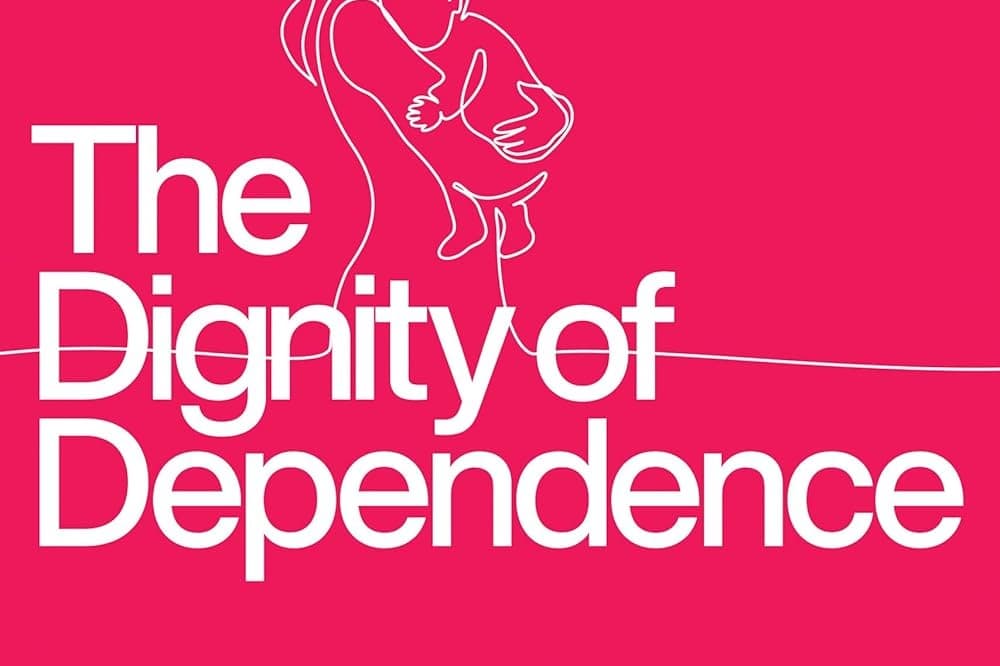3rd February, 2026
A Fountain Publication

The Lodestar
Online Magazine for the Thinking Christian

Devotional
The God of Heaven: Our Refuge and Strength
“As soon as I heard these words I sat down and wept and mourned for days, and I continued fasting and praying before the God of heaven” (Nehemiah 1:4).
By Paulson Pulikottil
The news from Jerusalem, that the people who had returned from the exile are harassed and insecure, as the city walls have many breaches and gates have been burned, made Nehemiah distraught. But instead of approaching the Persian emperor for help, he turned to the “God of heaven” in prayer first.
“God of heaven” is a theologically loaded phrase found about 21 times in the Old Testament and two times in the New (Revelation 11:13, 16:11). It denotes God’s sovereignty and his presence that pervades everywhere in the universe.
This title emphasises God's sovereignty beyond the confines of a nation or specific location, unlike other titles that imply it is limited to certain places. For example, the title “my Shepherd” (Psalm 23:1) emphasises personal relationship, whereas the titles “Shepherd of Israel” (Psalm 80:1) or “God of Israel” (Exodus 5:1) denote the national aspect.
But the God of heaven is not limited to any particular place, as people of other religions thought. So, Moses insisted that the Lord move with the people redeemed from Egypt to the promised land (Exodus 33:15—16). God could do that because “to the LORD your God belong heaven and the heaven of heavens, the earth with all that is in it” (Deuteronomy 10:14). God did move with them, through the wilderness, into the promised land, was with them in exile, brought them and as the New Testament claims is the God with us (Immanuel) and promised “I am with you always, to the end of the age” (Matthew 28:20).
When Abraham sent his servant to the distant Mesopotamia, a country where foreign gods are worshipped, he committed the servant to the “God of heaven and earth”, or God who controls affairs even in that distant land. Cyrus, the Persian king, acknowledged that “The LORD, the God of heaven, has given me all the kingdoms of the earth” (2 Chronicles 36:23). Local deities can only give territories under their control.
Jonah took a ship heading for Tarshish to run away from “the presence of the Lord.” He might have thought that he could avoid God’s nagging him to preach in Nineveh if he were out of the land of Israel. But Jonah woke up to a new realisation about the Lord, as the pagan sailors lifted him by his collar. So he said: “I fear the LORD, the God of heaven, who made the sea and the dry land.” He realised that the Lord’s power is over the land and sea, wind and calm. There is no place to hide, as the psalmist admits; beyond God’s authority, presence, and power, there is nowhere else to go. “Where shall I go from your Spirit? Or where shall I flee from your presence?” (Psalms 139:7).
By addressing his prayer to the “God of heaven”, Nehemiah recognises the theologically correct hierarchy: God is “above all powers, above all kings, above all nature and all created things.” So the matter should first be heard by the God of heaven, before it is taken to the emperor of Persia, who ruled the known world of the day. And the rest of the book tells us that Nehemiah was right!
Put down by the powers and authorities who collude together to block your way forward? However small or big your challenges are today, turn to the God of heaven and earth in prayer first.
(To receive these devotionals daily on WhatsApp, click here.)
Share this Article
Advertisements
Explore More on The Lodestar

Sargeant: “The Dignity of Dependence: A Feminist Manifesto"
Sargeant, Leah Libresco. The Dignity of Dependence. A Feminist Manifesto. University of Notre Dame Press, 2025.

Danger of Palatable Gospel: Wounds Before Healing
Reject palatable Gospel! True salvation wounds pride first. Sugar-coated sermons soothe but never save—conviction kills ego before resurrection life. Read why modern preaching fails.

Bible as Life’s Roadmap: Guidance for Morality, Wisdom, and Hope in Suffering
Ever felt lost at a crossroads in life, grappling with tough moral choices, financial pressures, or overwhelming suffering? The Bible offers a timeless roadmap, illuminating your path through...
Subscribe to our free weekly digest.
Join hundreds of others who have subscribed to our free weekly digest for inspiring news, faith, community, family, opinion, and culture content. Stay connected and nurture your spiritual growth with thought-provoking articles delivered straight to your inbox.
Join our growing community of readers today.

